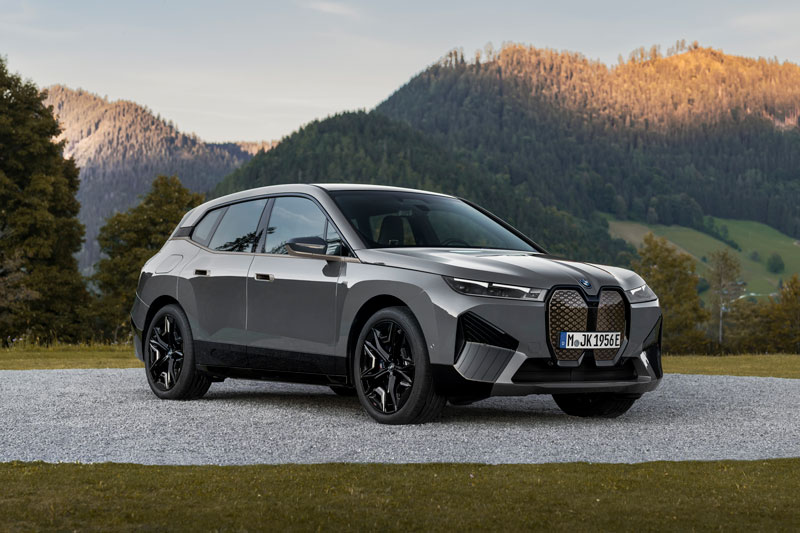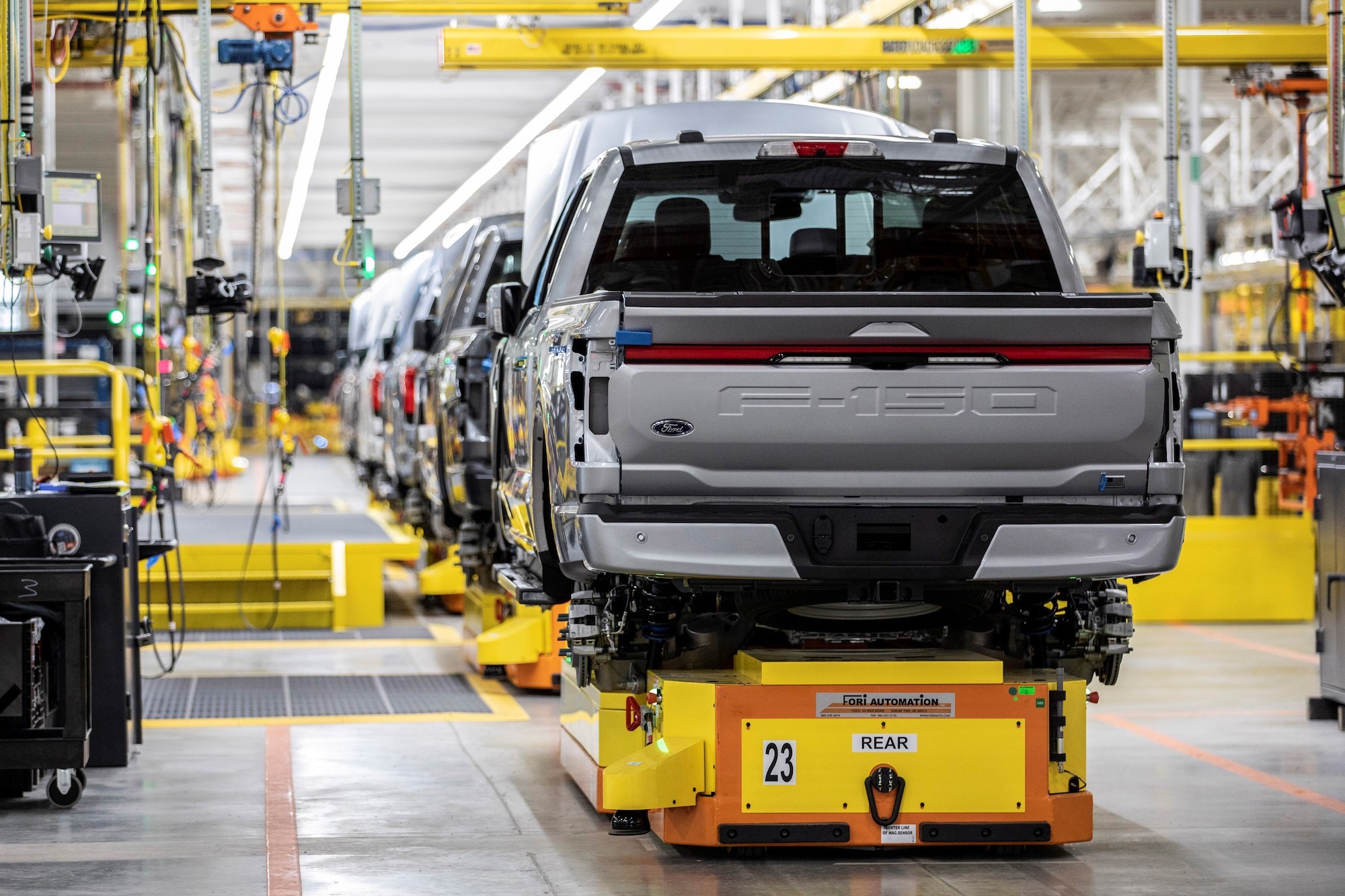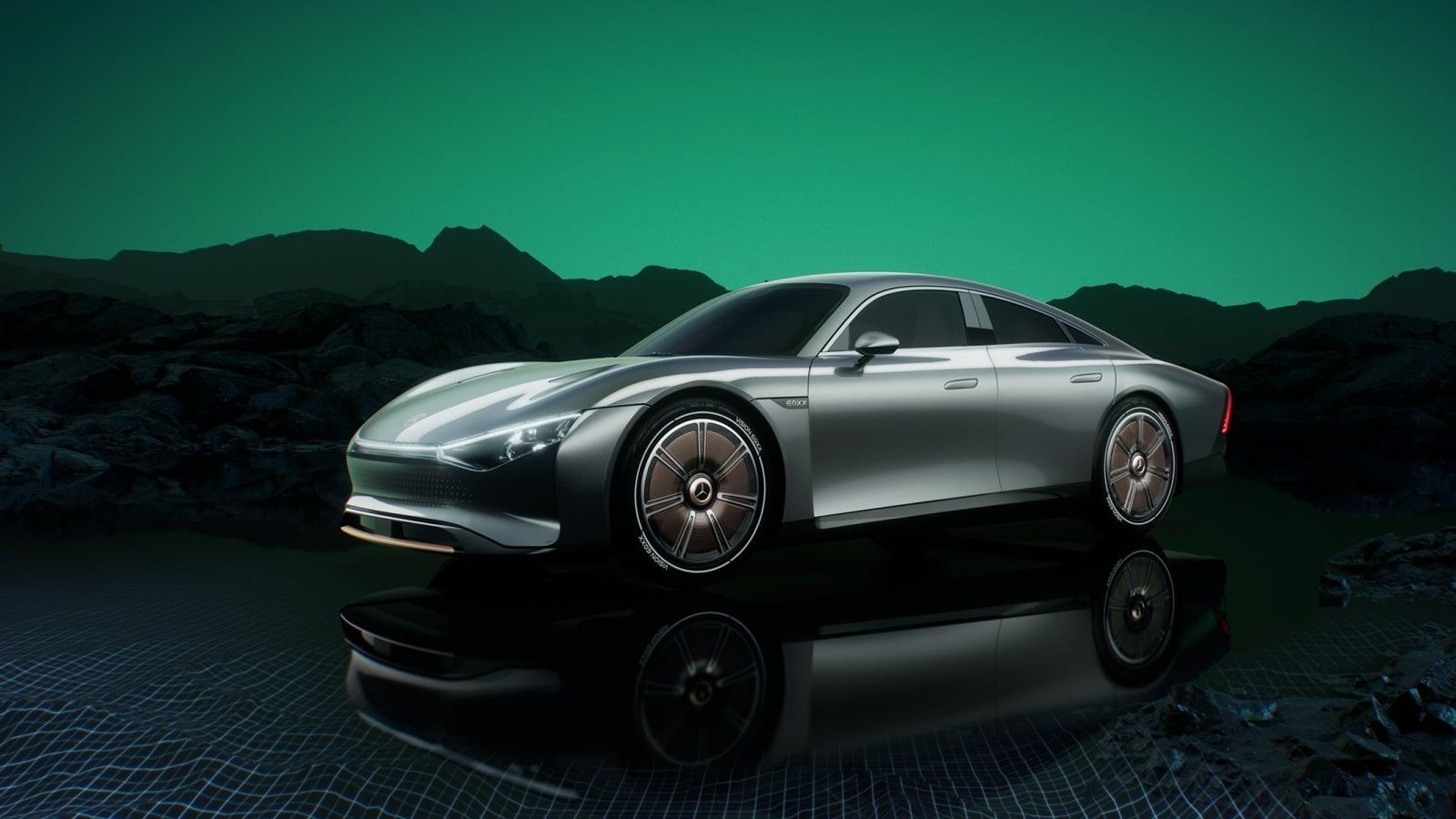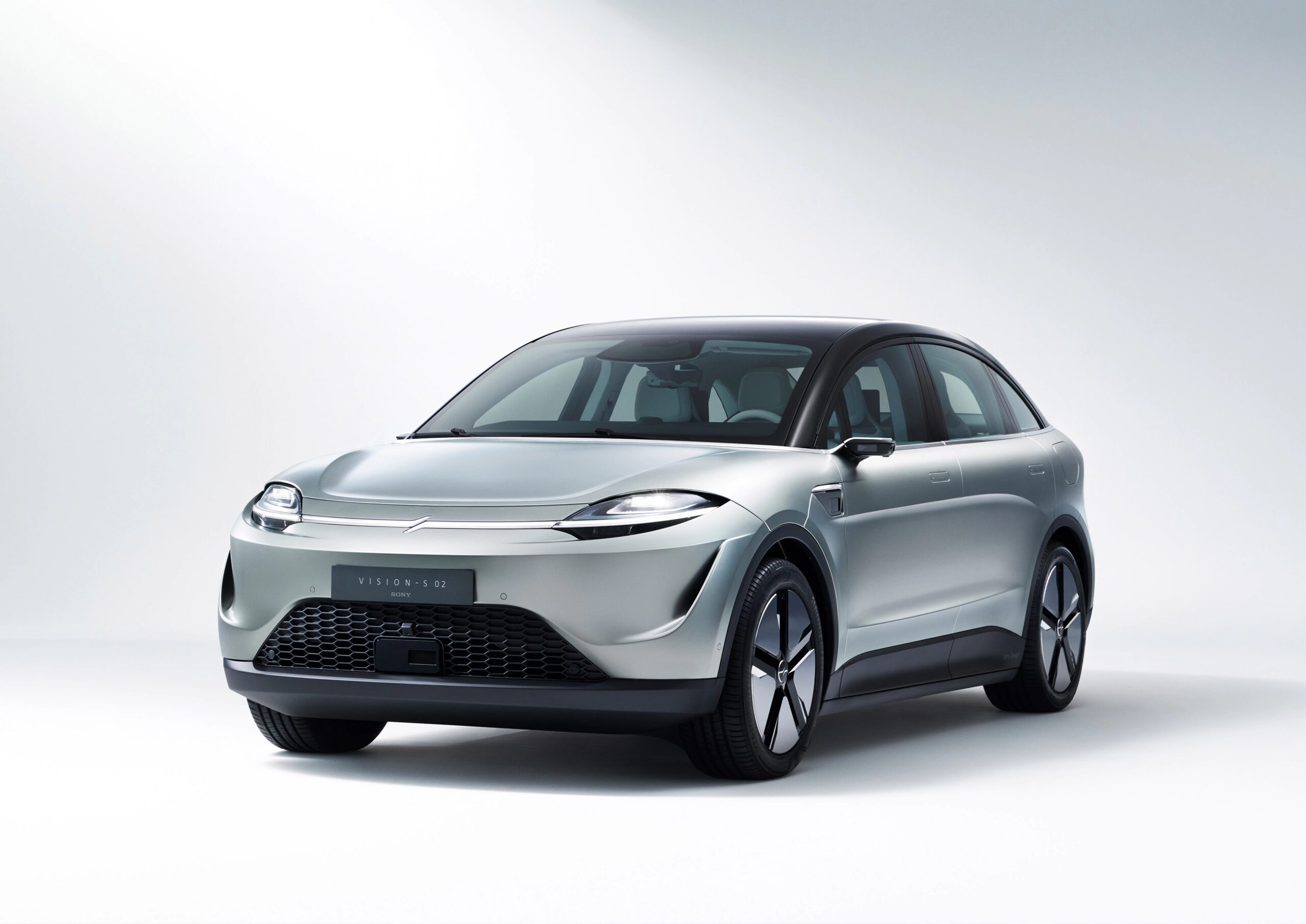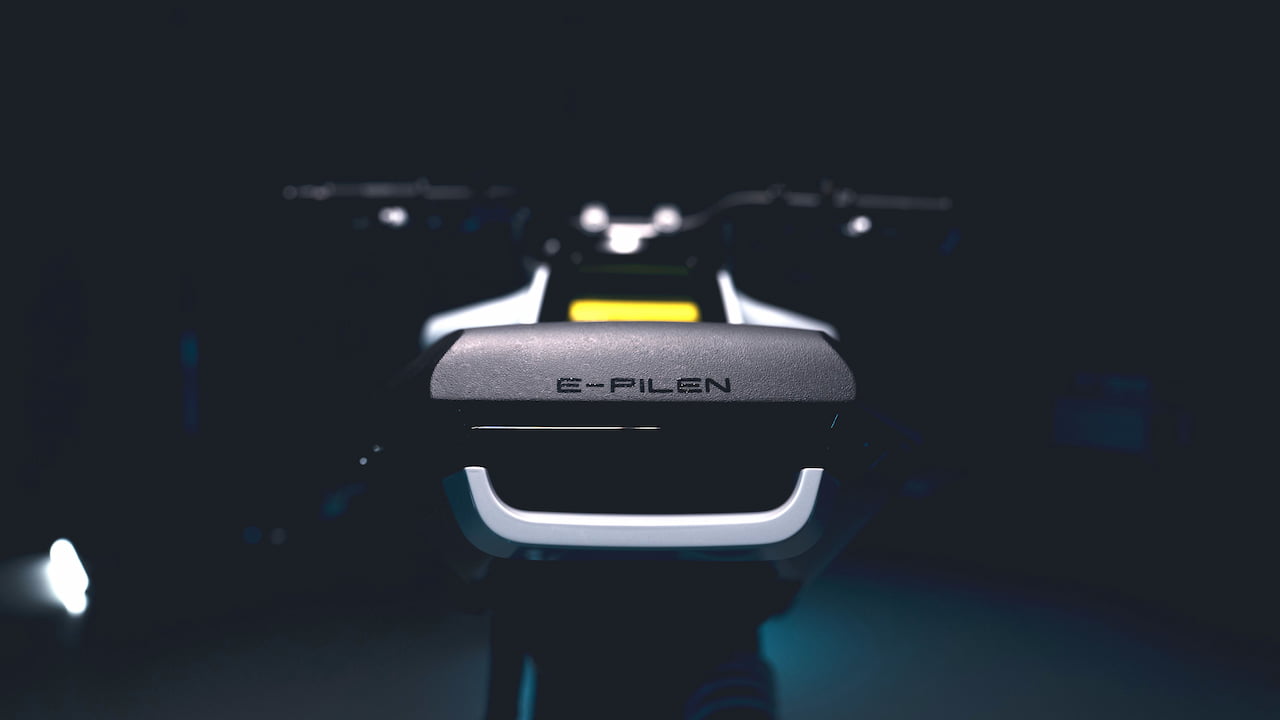The BMW iX M60 combines a vehicle concept consistently geared towards sustainability with a modern Sports Activity Vehicle (SAV) design and thrilling dynamic driving characteristics. In this way it embodies all the best elements of the three worlds of the BMW i, BMW X and BMW M GmbH models.
With its technological advantages, which also cover the areas of autonomous driving, operating system (OS) 8 and connectivity, the new BMW iX M60 represents a new understanding of advanced luxury, high performance and premium character.
See also: The BMW iX electric SUV awarded five-star safety rating from Euro NCAP
The BMW iX M60 can accelerate from rest to 100 km/h in just 3.8 seconds. The maximum speed is electronically limited to 250 km/h. The range of the BMW iX M60 specified in the WLTP test cycle is up to 566 kilometers.
The debut of the BMW iX M60 marks a milestone in the history of BMW M GmbH, which began 50 years ago. Together with the BMW i4 M50 (combined power consumption: 22.5 – 18.0 kWh/100 km according to WLTP; combined CO2 emissions: 0 g/km), it embodies the departure of the BMW M brand into the electrified performance car segment.
The extreme power and precise control of the electric all-wheel drive, together with the highly responsive actuator-based wheel slip restriction and suspension technology that includes, among other things, a special M axle air suspension with automatic level control, ensure the hallmark of the BMW M driving experience, agility and precision.
See also: BMW i4 and iX Get EPA Ranges, Up To 324 Miles when using 20-inch wheels
The aluminum frame and carbon cage concept with carbon fiber reinforced plastic (CFRP) on the roof, sides and rear is a clever material mix that combines increased rigidity with optimized weight.
The use of CFRP (carbon fiber reinforced plastic) to reduce weight has a long tradition at BMW M GmbH. This ultra-light, high-tech material has achieved remarkable results in combining engine performance and weight in the BMW M3 CSL, introduced in 2003.
Thus, BMW M GmbH pioneered the use of CFRP in large-scale automotive production. In many of today’s high-performance BMW M GmbH sports cars, the standard carbon fiber roof and other components made of CFRP are part of the principle of intelligent lightweight construction.

